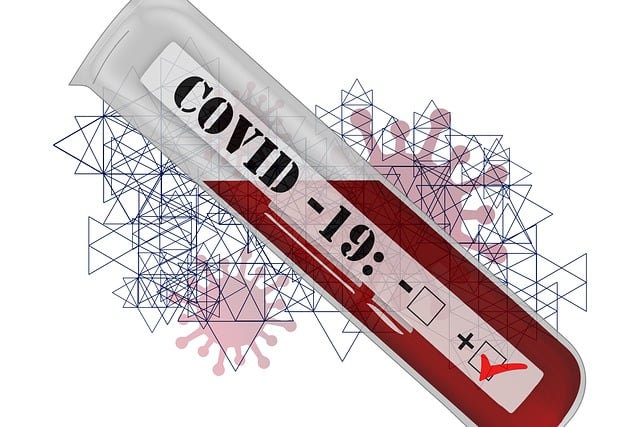The thyroid gland's health is crucial for metabolic balance, and comprehensive thyroid blood tests measure hormones like T4, T3, and TSH to diagnose conditions like hyperthyroidism or hypothyroidism. Accurate interpretation requires understanding these markers' interactions, as stress, medications, or other conditions can affect results. Healthcare professionals use these insights to provide personalized treatments, emphasizing the need for a holistic approach with expert guidance for precise diagnosis.
A comprehensive thyroid blood test is essential for accurate diagnosis, offering a deeper understanding of thyroid function. This article delves into the significance of such testing, highlighting the need for detailed analysis beyond standard measures. We explore how decoding specific thyroid blood test findings can provide insightful diagnoses, guiding personalized treatment plans. By understanding the complexities of thyroid health, medical professionals can effectively navigate the nuances of these results, ensuring optimal patient care through precise diagnosis and tailored interventions.
- Understanding Thyroid Function and the Need for Comprehensive Blood Testing
- Decoding the Results: Interpreting Thyroid Blood Test Findings for Accurate Diagnosis
Understanding Thyroid Function and the Need for Comprehensive Blood Testing
The thyroid, a small gland located at the base of your neck, plays a pivotal role in regulating your body’s metabolism and energy levels. It produces hormones that influence nearly every cell in your body, ensuring optimal functioning. Understanding how this endocrine gland operates is crucial when it comes to diagnosing and managing conditions related to the thyroid.
A comprehensive thyroid blood test is an essential tool for healthcare professionals to assess thyroid function accurately. This test measures various hormone levels, including thyroxine (T4), triiodothyronine (T3), and thyroid-stimulating hormone (TSH). By analyzing these markers, doctors can detect abnormalities that may indicate hyperthyroidism, hypothyroidism, or other thyroid disorders. Comprehensive blood testing provides valuable insights into the body’s hormonal balance, enabling precise diagnosis and tailored treatment for patients with thyroid-related concerns.
Decoding the Results: Interpreting Thyroid Blood Test Findings for Accurate Diagnosis
Decoding the Results: Interpreting Thyroid Blood Test Findings for Accurate Diagnosis
When analyzing a thyroid blood test, it’s crucial to understand that results don’t exist in isolation. Each marker—like TSH (Thyroid Stimulating Hormone), T3, and T4—has its own story to tell about your thyroid function. For instance, elevated TSH could indicate hypothyroidism, while low T3 or T4 might suggest hyperthyroidism. However, abnormal levels can also be attributed to other factors like stress, medications, or even certain medical conditions.
A comprehensive approach involves not just looking at individual numbers but also considering their interactions. For example, a suppressed TSH with normal T3 and T4 could point towards subclinical hypothyroidism. Similarly, a slightly elevated TSH coupled with elevated T3 and normal T4 might suggest a goiter or other thyroid disorders. Consulting a healthcare professional is essential to ensure accurate interpretation and tailor treatment plans accordingly.
A comprehensive thyroid blood test is an invaluable tool in accurately diagnosing thyroid disorders. By measuring various hormones and markers, healthcare professionals can gain insights into thyroid function, identify imbalances, and make informed decisions. Decoding these results requires expertise and a nuanced understanding of normal ranges. When interpreted correctly, these tests empower doctors to prescribe personalized treatments, ensuring optimal thyroid health for patients.
